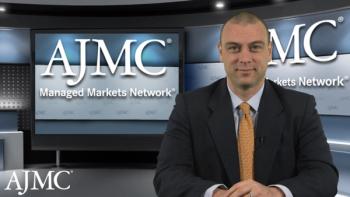
The newly proposed Medicare Part B payment demonstration met immediate criticism from some in the healthcare industry. Chip Kahn, president and CEO of the Federation of American Hospitals, is also very hesitant about the demonstration and worries that it might be premature.










